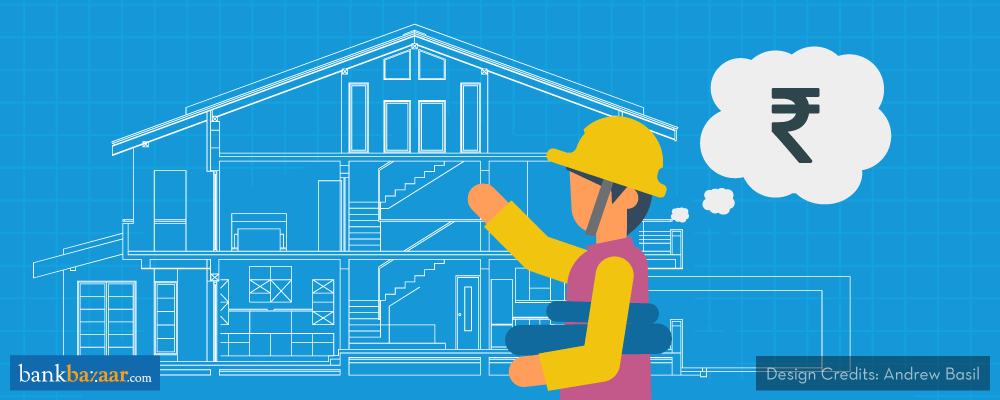Buying your first home requires tremendous financial effort. Follow these tricks to get your Home Loan application approved.

Home loan greatly helps first-time home buyers to own a property on easy terms along with long repayment tenure. When you apply for a Home Loan, the first thing that the lender does is check your eligibility. If you fit its eligibility criteria then only your loan application moves to the next step. Some people have the misconception that if they have a good Credit Score, then they automatically become eligible to get a Home Loan. Credit Score is one of the key aspects, but it is not the sole criteria. The real difficulty loan applicants face is when their eligibility falls short of a bank’s norms.
In this article, we’ll look at five important tricks that can help you improve your eligibility for a Home Loan.
Work On Your Income And Tenure
Banks look at your monthly income to evaluate if you can accommodate loan EMIs along with your other expenses. Suppose, your net income after meeting all the obligation is lower than the expected EMI for the loan, then banks may refrain from lending you money. EMI obligation can be reduced by increasing the tenure. Let’s understand this with the help of an example as given in the table below:
Clear The Existing Debt Position
You can increase the EMI amount and close the loan early if your income increases in the future. Normally there is no penalty for loan pre-closure. As shown in the table, EMI comes down by Rs. 5385 if the tenure is increased to 25 from 15 years. You can, therefore, easily fit into the bank’s eligibility norms by changing the tenure.
While checking your repayment capacity banks subtract your existing EMI obligation from the net income. Suppose, your net income is Rs 50,000 and EMI obligation on your existing loan is Rs 15,000. Bank in this scenario will consider your repayment capacity to be only Rs 35,000 (Rs 50,000 ‘Less’ Rs 15,000). Even if your existing loan’s remaining tenure is 1 year or a few months, it may negatively impact your loan eligibility. So, close all your existing loan before borrowing a Home Loan. This will improve your eligibility and you can qualify for a bigger loan amount. It is always better to show to the lender that you are more capable to service the loan than the required EMI.
Apply For Loan Along With A Co-borrower
This is one way which has the potential to save you from a loan rejection. Your combined income with your co-borrower can meet the income gap required by a bank to give you a loan. A co-borrower can be your spouse or any other person. Bank will look at the combined capacity of both the applicants to assess the loan eligibility.
Consider Step Up Loan
Some of the banks allow step up Home Loan facility. This is specially designed for the borrowers who expect their income to increase in the near future but currently are not capable to service a high EMI amount. Under this loan, the borrower is asked to pay a lower EMI in the initial few years. The EMI increases over the years considering that the income of the borrower would have increased in such period.
Add An Additional Source Of Income
If you are falling short of the income for fulfilling the loan eligibility, then you can add another source of income such as rental income or interest income from deposits, or show bonus from employer to prove income eligibility. You can also add income from freelance work to increase the income level.
Apart from above-mentioned tricks, if you are a first time home buyer then you are eligible to get the subsidy benefit under the PMAY scheme by the government of India. Under such schemes, you can get a subsidy of around Rs 2.3 lakh which would be credited upfront to your loan account and boost your eligibility to that extent. You must take care of some other important points like keeping your CIBIL score at a higher level, stay ready with the down payment money and select the property which fits into your financial capacity.
BankBazaar.com is a leading online marketplace in India that helps consumers compare and apply for Credit Card, Personal Loan, Home Loan, Car Loan, and insurance.
Nicely written article!!!
Taking a House is once in a life time decision for many of us. So, selecting the right home loan product becomes much more important get any type surprises later. Every borrower must do at least 3 months of research and meet various types of lenders, consultant, and existing loan customers to get a better idea.
Hi Rajan, We’re glad you liked our article and you’re absolutely right. Keep reading our blog for more insights into the world of finance. Cheers, Team BankBazaar.